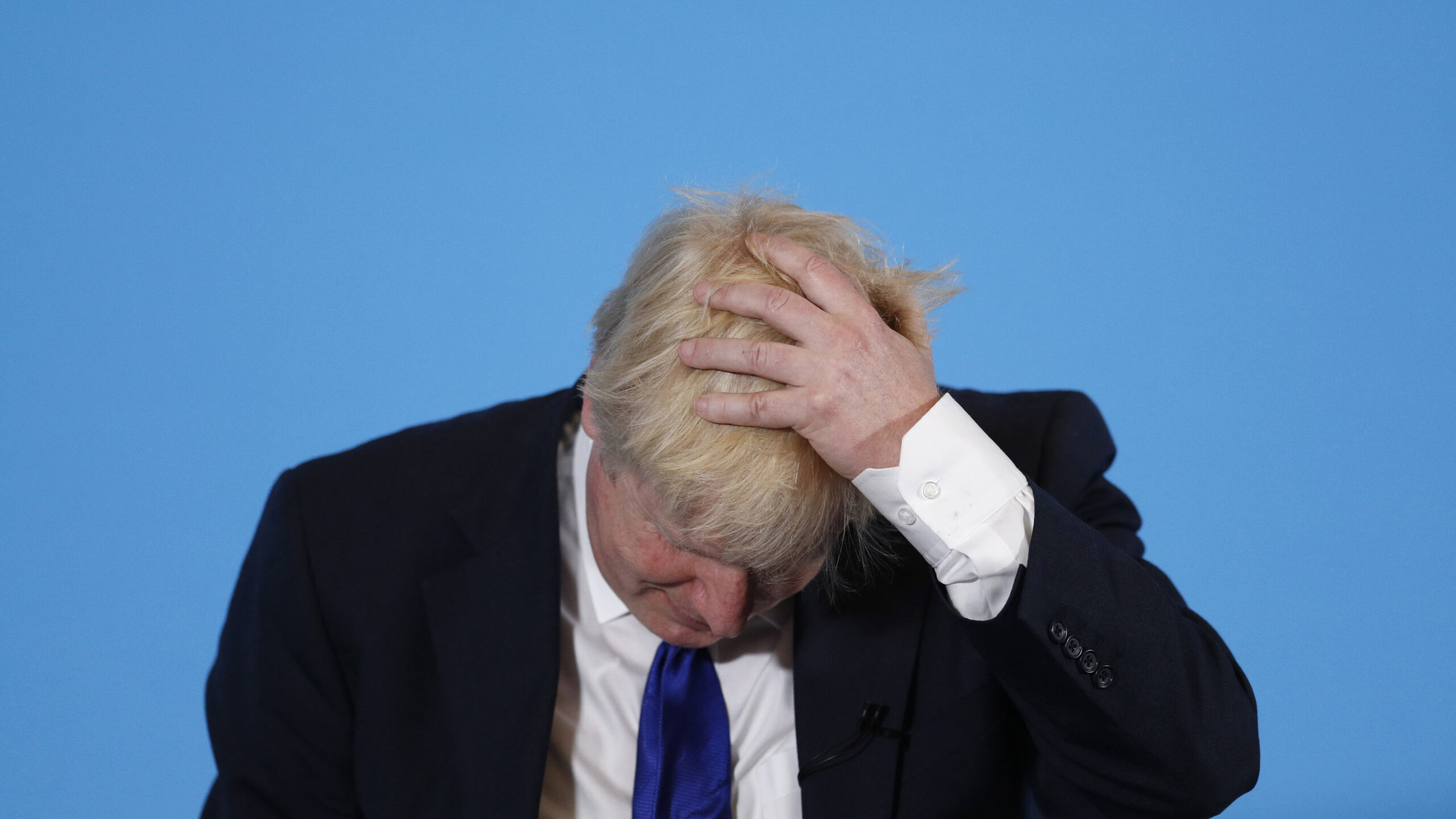Boris Johnson was “incorrect” several times in his use of statistics to demonstrate that child poverty has fallen while he has been in power, the Office for Statistics Regulation (OBR) has warned.
The End Child Poverty coalition wrote to the UK Statistics Authority on June 29 citing three instances where the Prime Minister had used child poverty statistics that were “misleading for the public” and damaging to the integrity of official statistics.
The campaigners highlighted Johnson’s claim that there are “400,000 fewer children in poverty than there were in 2010” on BBC’s Andrew Marr Show on December 1 to the stats body.
It is deeply insulting to the children and families swept into poverty, when data about them is used selectively and misleadingly at the whim of politicians
They also pointed to two Prime Ministers Questions appearances: one on June 17 where the Prime Minister declared that “absolute poverty and relative poverty have both declined under this government” and repeated his 400,000 claim. A week later, Johnson said “there are 100,000 fewer children in absolute poverty and 500,000 fewer children falling below thresholds of low income and material deprivation”.
Director General for Regulation Ed Humpherson from the authority’s regulatory arm the OBR responded on July 27, confirming that they had investigated the claims and “reached the same conclusion that these statements are incorrect”. He also promised to launch a systemic review on the coherence of poverty statistics later this year.
In a blog published on the same day, OBR statistician Elise Baseley highlighted the problem with poverty statistics in their current form with four income-based measures produced annually by the Department of Work and Pensions – relative poverty, absolute poverty and both measurements before and after housing costs are applied.









